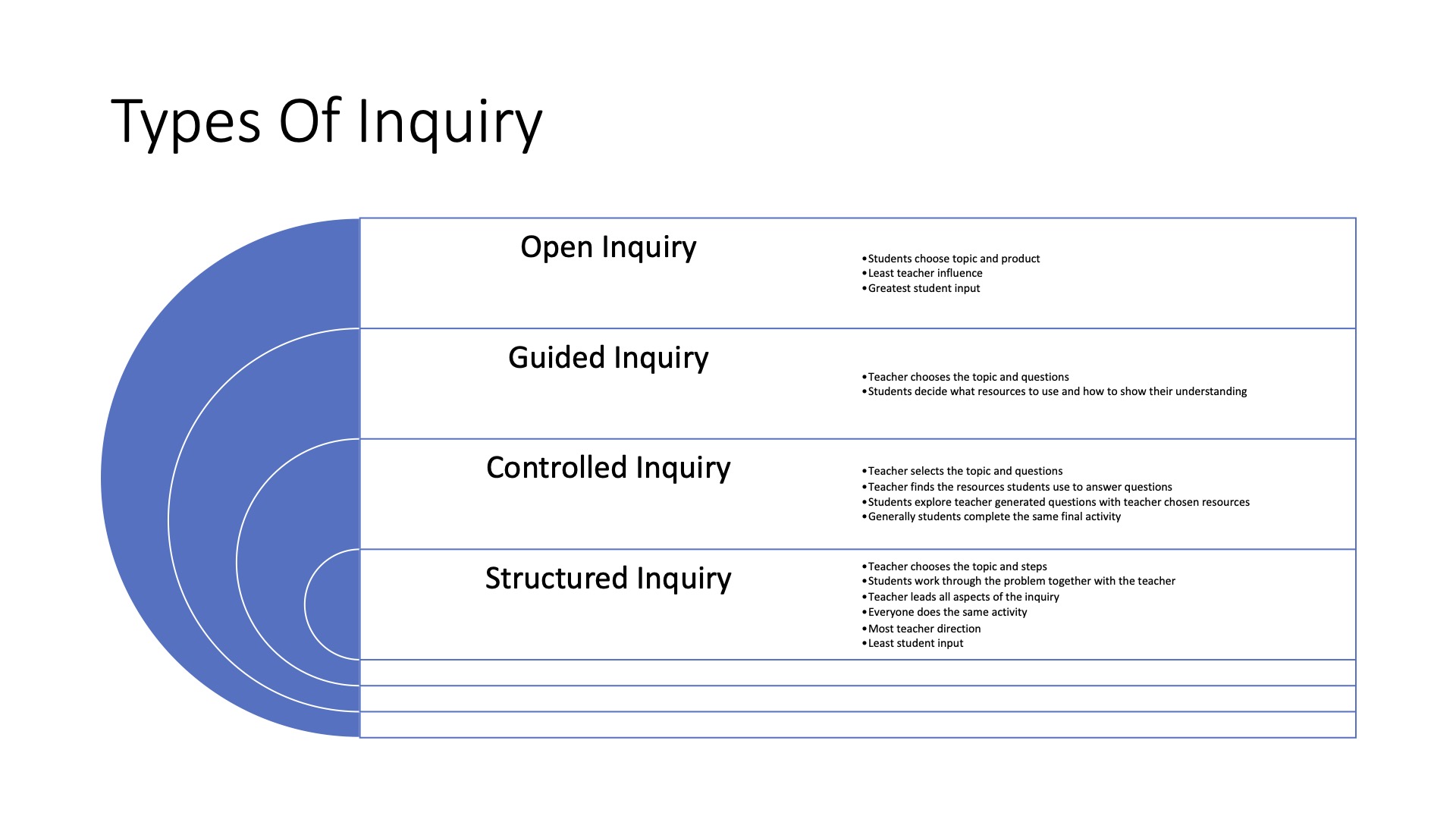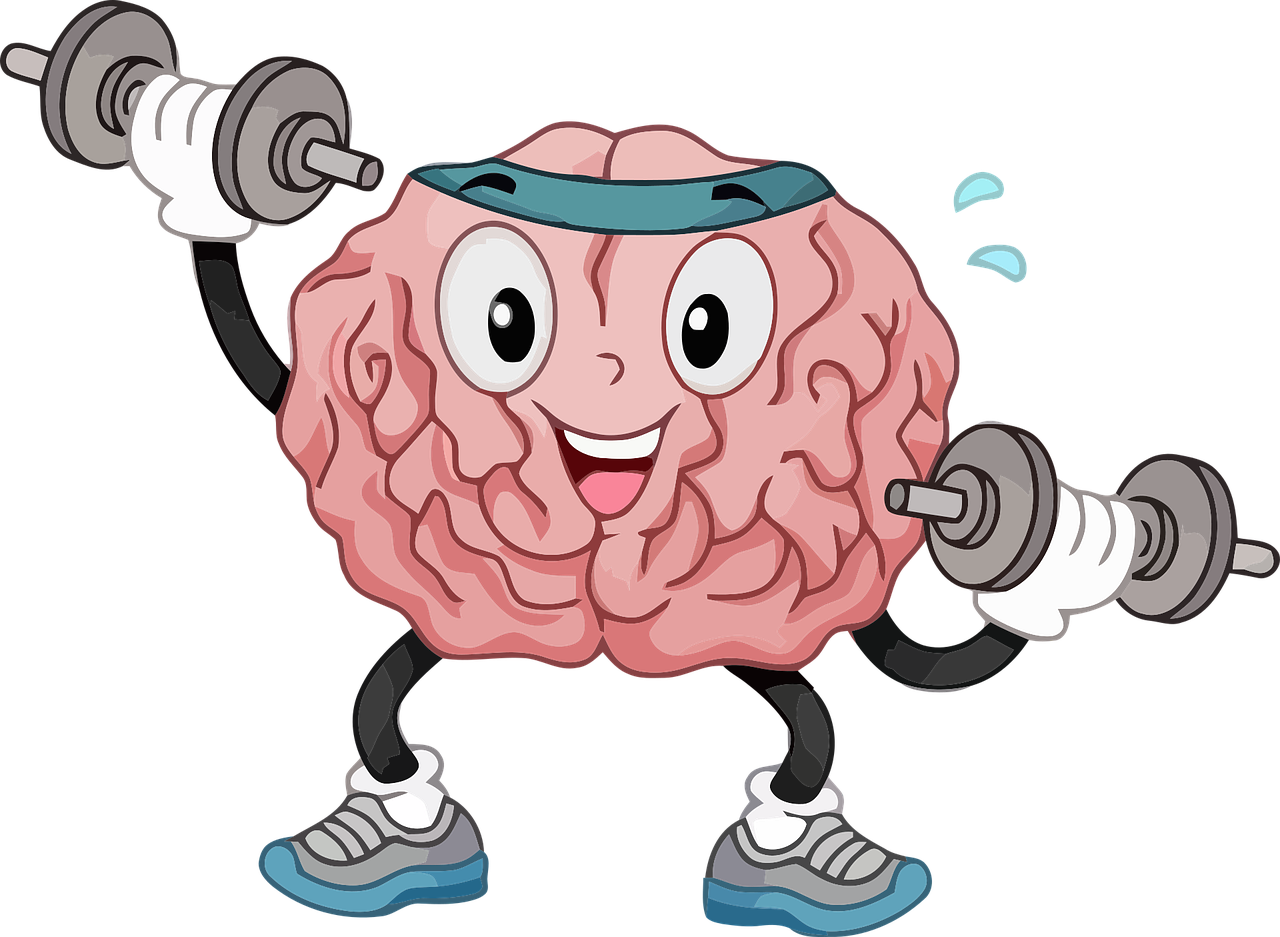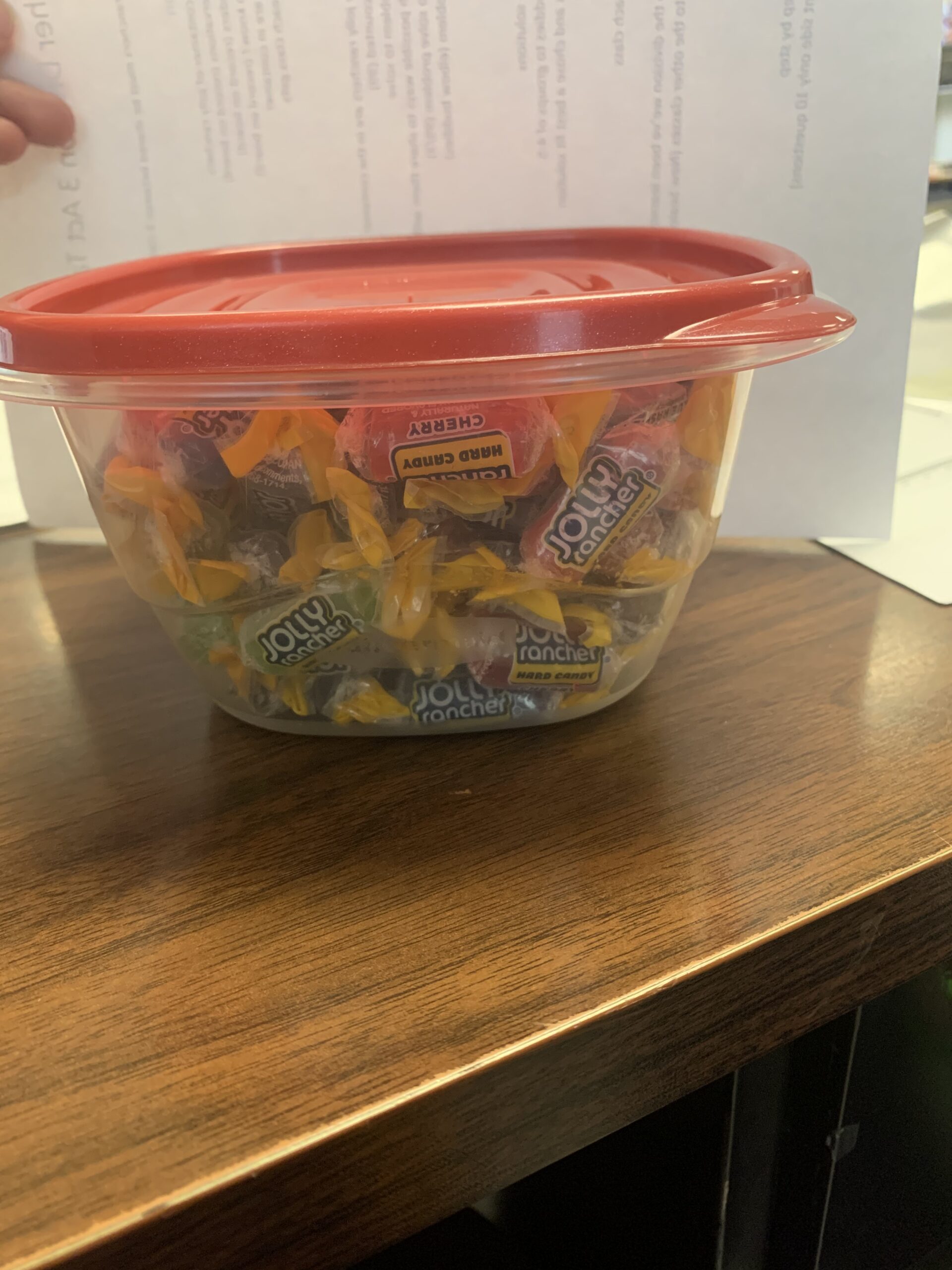Rationale
My school has seen an increase in the number of students who are not yet meeting grade level expectations for numeracy on both the District Numeracy Assessment in grade 3 and the Foundation Skills Assessment in grade 4. Over all our percentage of students who are fully meeting or exceeding expectations is inconsistent. There is also a large degree of inconsistency between the two assessments which makes me question the validity of the tests as the District Numeracy Assessment is given in May / June of the grade three year and the FSA is completed in the fall of grade four typically with less than six months between assessing the same group of students.
Based on classroom assessment and observations I believe that the problem lies in students number sense skills. Number sense is complex and multifaceted involving understanding of:
- Counting
- Subitizing
- Base ten numeration
- Different types of numbers
- Whole numbers
- Ordinal numbers
- Zero
- Fractions
- Decimals
- Positive and negative integers
- Rational numbers
- Irrational numbers
- Place value
- Number relationships
- Composition
- Decomposition
- Ratios
- Rates
- Percentages
- Number lines
- Comparing numbers
- Ordering numbers
I think our problem is two fold, first we do not have common language and assessments to look at number sense as a stand alone math strand, second we do not have a common tool to support number sense development. Before we can plan for number sense development and growth we need to determine our starting point and develop a common assessment and common language to communicate about number sense.
Initial data
Grade 3 District Numeracy Assessment Results
| Number assessed | Not yet meeting expectations | Minimally meeting expectations | Fully meeting expectations | Exceeding expectations | Percentage fully meeting or exceeding | |
| May 2016 | 85 | 0 | 12 | 55 | 18 | 85.9% |
| May 2017 | 75 | 8 | 19 | 38 | 10 | 65.3% |
| June 2018 | 85 | 0 | 17 | 46 | 22 | 80% |
| June 2019 | 80 | 1 | 14 | 57 | 8 | 81.3% |
| June 2020 | No data collected | |||||
| June 2021 | 84 | 2 | 26 | 40 | 16 | 66.7% |
| June 2022 | 84 | 0 | 8 | 37 | 39 | 90.5% |
(Carlyle & Paton, 2023)
Grade 4 Foundation Skills Assessment Numeracy Results
| Number assessed | Unknown | Not yet meeting expectations | Minimally meeting expectations | Fully meeting expectations (on track) | Exceeding expectations | Percentage fully meeting or exceeding | |
| March 2016 | 90 | 11 | 19 | 29 | 23 | 8 | 39% |
| March 2017 | 88 | 13 | 8 | 19 | 38 | 10 | 64% |
| Oct 2018 | 87 | 3 | 9 | 42 | 29 | 4 | 39% |
| Oct 2019 | 90 | 6 | 10 | 19 | 34 | 15 | 58% |
| 2020/2021 | 86 | 5 | 15 | 27 | 33 | 6 | 45% |
| 2021/2022 | 78 | 22 | 52 | 54 | 72% |
(Carlyle & Paton, 2023)
Inquiry Question:
- How can a common assessment targeting number sense be developed and implemented across all grade levels to effectively improve student’s number sense?
- What skills to students need to master to have number sense?
- What tools do educators need to accurately assess number sense?
- What professional development do educators need to assess student’s number sense?
- How can we develop common language around number sense to communicate student progress and competency?
- Can we monitor progress across grade levels and over a student’s k-5 years?
Follow up questions:
- What strategies can be put in place in classrooms to support number sense development?
- What school wide efforts can be made to support number sense development?
- How will we support students who demonstrate weak number sense skills?
- How can families be involved in supporting numbers sense development?
Reflection
While I am passionate about improving student number sense skills and overall numeracy, I am unsure if I will get buy in from the other teachers at my school. My team tends to put much of their effort into literacy often to the exclusion of all other areas, in my six years at the school we have not had a single outside presentation on numeracy while we have 2-3 professional development days dedicated to literacy and social emotional learning. Improving our number sense and by extension numeracy will require a culture shift. To develop an assessment tool it must be something that is easy to implement and yields data that requires little interpretation to be useful. A project on this scale will only be effective if there is consistent buy in and support from school administrators.
References
Carlyle, M., & Paton, D. (2023, September). Langley Fundamental Elementary School School Improvement Plan 2023-2024. Langley, BC: Langley School District (SD35).






